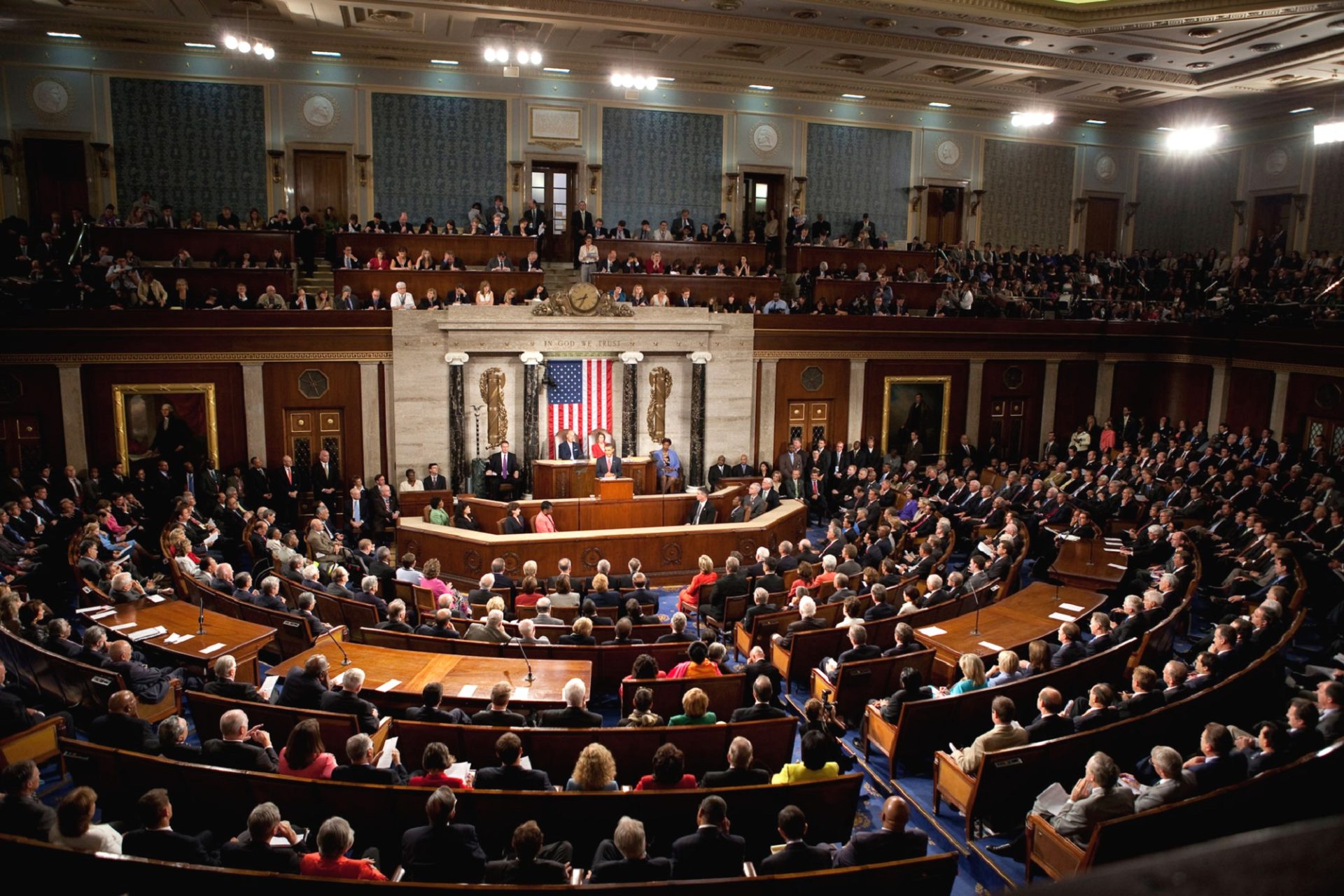The CBDC Anti-Surveillance State Act, designed to thwart the issuance of a central bank digital currency (CBDC) by “unelected bureaucrats in Washington,” has advanced in its legislative journey, securing a significant milestone by passing through the House Financial Services Committee.
Representative Tom Emmer, the bill’s author, revealed in a press release on September 20 that the CBDC Anti-Surveillance State Act had successfully cleared the committee and received a favorable report for consideration on the House floor.
The next crucial step for the bill is a congressional vote.
Emmer highlighted that the legislation has already garnered support from 60 members of Congress.
He reiterated his concerns about the dangers associated with state-controlled currency and how it contradicts fundamental American values.
Emmer emphasized the importance of maintaining a financial system that aligns with American principles, emphasizing the need for a CBDC to be open, permissionless, and private, akin to traditional cash.
He warned against the risk of a central bank digital currency becoming a tool for surveillance and potential oppression, drawing parallels with the practices of the Chinese Communist Party.
The CBDC Anti-Surveillance State Act was reintroduced to the United States House of Representatives on September 14 by Emmer and 49 original co-sponsors.
Its initial introduction to Congress occurred in February 2023.
Key provisions within the bill aim to restrict the Federal Reserve from issuing a CBDC to individuals and prohibit the Fed from utilizing any CBDC for implementing monetary policy.
In a recent interview with Cointelegraph, Emmer highlighted the significance of digital assets in U.S. politics, characterizing them as a “sleeper issue” that resonates at both state and federal levels.
Emmer observed a generational divide within the United States, suggesting that citizens could resist policies that hinder the development of the digital space.
He believed that such resistance could expose lawmakers lacking technological expertise.
As the CBDC Anti-Surveillance State Act progresses through the legislative process, it remains a focal point of debate and contention in the evolving landscape of digital finance and government control over currency.
Other Stories:
3LAU’s Exit Sparks Debate Over Regulatory Risks on Decentralized Social Platform
Demystifying the Crypto Tax Headache: A Guide to Navigating Tax Obligations
Secure Your Crypto Wallet Against Scams With These Essential Tools




